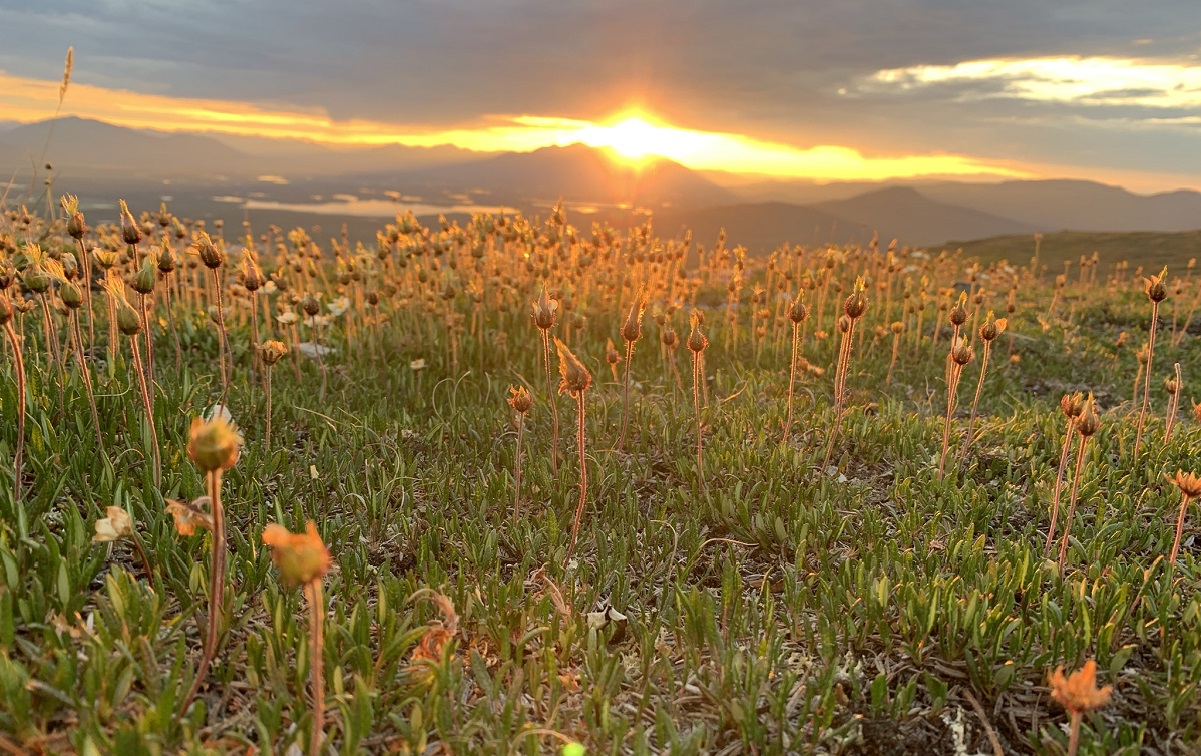These are extraordinarily challenging times. Many of us are grieving losses large and small, and are filled with anxiety about the future. But the Sierra Club continues to work for a future that includes everything we need to flourish -- a stable climate, clean air and water, clean energy, and thriving wildlife and public lands -- and we’re achieving important victories. As always, they couldn’t have been achieved without the visionary leadership of our partners. I’m proud to share them with you -- and glad I can bring a little good news to a dark time.
We went to court to defend clean water -- and won.
The Sierra Club’s Maui group, represented by Earthjustice, stopped the Trump administration from creating a giant loophole in the Clean Water Act. The Trump administration, alongside the County of Maui, argued that the act didn’t apply to pollution if it was first dumped into groundwater before draining into waterways -- like the sewage that Maui injected underground, which made its way into the Pacific Ocean.
On April 23, the Supreme Court ruled in favor of the Maui group and its partners in the litigation: the Hawai'i Wildlife Fund, West Maui Preservation Association, and Surfrider Foundation. What CNBC is calling “the most high-profile environmental dispute of the Supreme Court’s term” ended in a victory for everyone who values clean water.
Banks are getting the message: Fossil fuels are bad business.
In just the last two weeks, Morgan Stanley and Citigroup pledged not to finance new drilling in the Arctic, including the Arctic National Wildlife Refuge in Alaska. Every major US bank except Bank of America has now agreed to not support the destruction of the Arctic Refuge.
These pledges are the result of years of meetings between bank executives, Sierra Club campaign representatives, and, most importantly, leaders from the Gwich'in Nation, the tribe that’s lived alongside the Arctic Refuge for millennia -- plus the public pressure campaign waged by activists from the Sierra Club and elsewhere.
Even during a pandemic, we’re still moving beyond coal.
As of March 14, New York State is officially coal-free. After eight years of hard work from Beyond Coal activists, New York will likely never again burn coal. And it’s taking major steps to replace dirty fuels with offshore wind power and large-scale renewable power projects.
It’s not just blue states that are moving away from dirty fuels. In Georgia, 12 years of advocacy from the Sierra Club, the Southern Alliance for Clean Energy, and other groups shut down plans for what is believed to be the country’s last proposed new coal plant.
Energy-efficiency upgrades and payment plans are replacing utility shutoffs in Detroit.
A few weeks ago, I wrote about utility shutoffs in Detroit, a majority African-American city with a high poverty rate that’s been hit hard by COVID-19. Utility service is especially crucial during a pandemic, when the disease’s spread can be slowed by frequent handwashing.
After years of advocacy from the Sierra Club, the Natural Resources Defense Council, and the National Housing Trust, Detroit’s utility, DTE Energy, is piloting a program to help low-income customers in danger of having their electricity shut off. At least 500 of them will be offered payment plans and energy-efficiency upgrades that permanently lower their bills -- instead of being penalized for their inability to pay.
The Keystone XL pipeline lost a key permit -- and that has implications for pipelines across the country.
The Sierra Club and many others -- including, most importantly, the Cheyenne River Sioux, the Rosebud Sioux, and the Fort Belknap Sioux -- have been working to stop the Keystone XL pipeline for more than 10 years. Back in 2013, I and other Sierra Club representatives broke our 120-year embargo on civil disobedience to try stop this pipeline from ever being built.
In mid-April, our movement scored an important victory. A Montana district court judge revoked the permit that allowed Keystone XL to cross the 700 streams and waterways on its route -- preventing construction from advancing in most of its segments.
This ruling is already causing courts to reassess the permits for pipelines slated to be built across the country. It’s another important tool in our arsenal as we fight the projects that threaten our homes and our futures.
